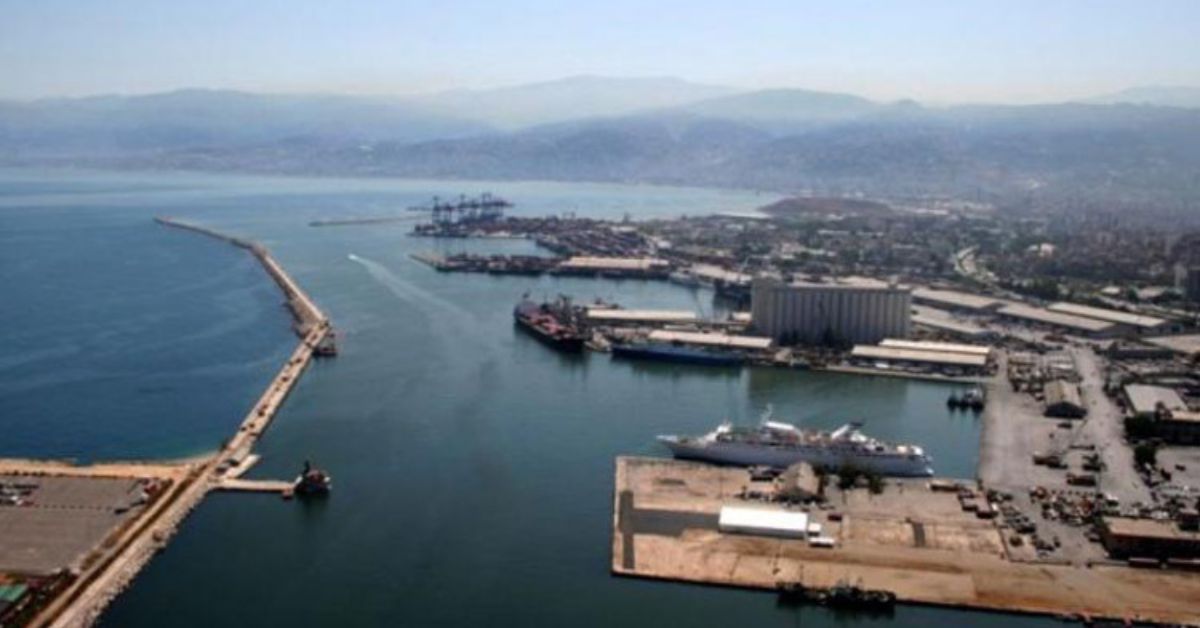Citing contract violations and the corporation’s noncompliance, the Syrian government has successfully terminated a 2019 agreement with the Russian company Stroytransgaz (STG) to oversee the strategically important port of Tartus. This judicial action is a component of Syria’s larger plan to lessen direct Russian influence through the legal system in order to avoid conflict with Moscow, which is still focused on the conflict in Ukraine and seems prepared to make such concessions without raising tensions.
With the help of regional attorneys and a European international law firm that specializes in public international law, the cancellation clears the path for the current Syrian government to carry out its May deal with Dubai Ports World to oversee the port. An official statement claims that the deal with the Russian company was canceler because of a “material breach of contract,” which includes the company’s disregard of maintenance of essential equipment and its refusal to invest the $500 million promised in modernizing port infrastructure.
In addition, the Syrian government criticized the agreement as “unfair to Syrian sovereignty,” pointing out that Russia controlled the port’s board of directors and that STG earned 65% of earnings while Syria only received 35%. Additional grounds for cancellation included the “lack of genuine fulfilment” of contractual commitments, with the port’s operation and Syria’s interests being undermined by inadequate maintenance, bureaucratic obstacles, and no notable infrastructure changes.
Tartus, one of Syria’s largest ports strategically situated on the Mediterranean, plays a crucial role in revitalising maritime trade, serving as an export hub for agricultural products, oil, grain and other commodities. Syria’s coastline stretches 65 kilometres from the Turkish border in the north to Lebanon in the south and includes five main ports: Latakia (the largest), Tartus, Jableh, Banyas, and Arwad, all overseen by the General Authority for Land and Maritime Ports.
In May, Syria signed a landmark agreement with Dubai Ports World to develop and operate the Tartus port, signalling a strategic shift towards upgrading port infrastructure and logistics, following a similar deal with French shipping giant CMA CGM to develop Latakia port. The $800 million memorandum of understanding with Dubai Ports World involves a comprehensive investment in the development, management, and operation of a multipurpose container terminal at Tartus, aimed at improving port efficiency and increasing capacity.
The agreement also encompasses cooperation on establishing industrial and free zones, dry ports, and cargo transit centres in several strategic locations across Syria. In April 2019, Russian Deputy Prime Minister Yuri Borisov announced after meeting President Assad in Damascus that Russia would lease Tartus port for 49 years for transport and economic purposes.









